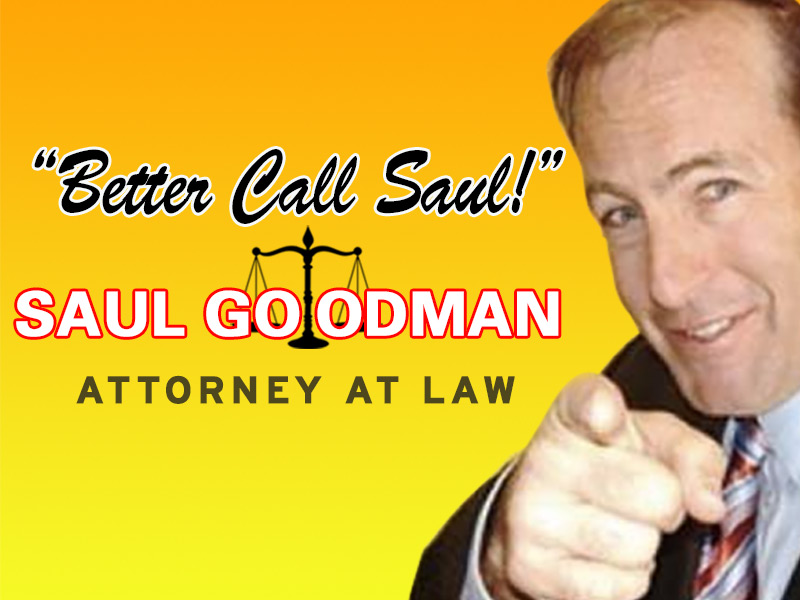Any reason to believe the friend's father was involved in something illegal? I don't know the law, but if the cash is from an illegal activity, the government may seize it and it could be up to him to show where it came from to get it back. Or if the guy just collected cash for work and never declared it, the IRS could come for their cut, and again I suspect the son would have to prove the source of the money. I mean, really, if it's $100K * # of siblings, isn't it likely illegal or undeclared? That's what the govt would probably think, and I don't think they have to presume innocence in cases of cash. He wouldn't go to jail for anything illegal his father did, but he probably wouldn't get the windfall either.
I think I'd be tempted to tuck a lot of it in a safe deposit box, and pay cash at least some of the time for regular things like groceries, restaurants, Target, Home Depot, etc. Seems to me you could spend $500/month without a lot of notice, and go through it over 15-20 years. Spending more than that at once, I'd be worried about someone following me home one night to find out where this money is coming from.
$100K in a bank even after taxes are taken out might be a move I could sleep better at night with. If I was going to deposit it I'd probably consult with a lawyer first. "Better Call Saul" might be the right play after all. I'd also get the siblings on the same page. If the govt goes after one, they will look at all of them.


